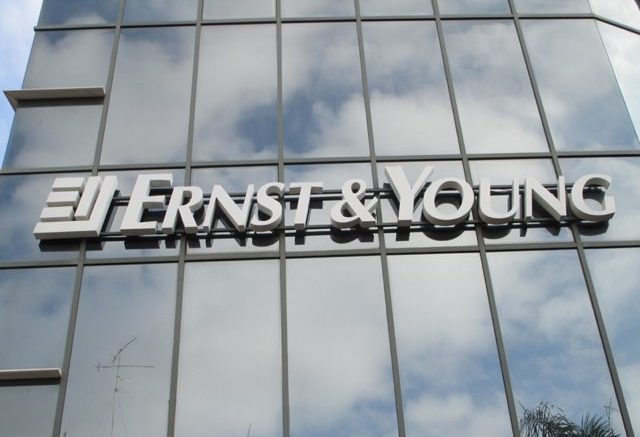Companies have increasingly included provisions in employment contracts forcing workers to arbitrate claims individually as a way to avoid the cost of litigating class actions.
The NLRB has struck down such requirements imposed by dozens of companies, including American Express Co (AXP.N), Citigroup Inc (C.N) and Domino’s Pizza Inc (DPZ.N).
With its 2-1 ruling, the 9th U.S. Circuit Court of Appeals in San Francisco became the second appellate court to sign off on the NLRB’s position that federal labor law prohibits workers’ arbitration agreements from including class action waivers.
But two appellate courts previously rejected the NLRB’s view, making it likely that the U.S. Supreme Court will eventually rule on the enforceability of such waivers.
The lawyers for Ernst & Young and the plaintiffs were not immediately available for comment.
Judge Sidney Thomas, chief of the 9th circuit, said Ernst & Young’s arbitration agreement violated the National Labor Relations Act by making workers arbitrate work-related claims as individuals in separate proceedings. The law guarantees workers’ rights to act together, he said.
Former Ernst & Young employees Stephen Morris and Kelly McDaniel had claimed in a proposed class action that Ernst & Young did not pay them overtime as required by federal and California law.
Ernst & Young, a London-based professional services provider, argued the Federal Arbitration Act, a 90-year-old law that says courts cannot disfavor arbitration, trumps the National Labor Relations Act and entitles it to enforce its employment contract requiring Morris and McDaniel to pursue their claims individually in arbitration.
Thomas said in Monday’s opinion that those two federal laws are not in conflict. The case is not about whether the claims should be heard in court or arbitration, but about a contract that is fatally flawed because it would deny workers their rights to act as a group.
“The same infirmity would exist if the contract required disputes to be resolved through casting lots, coin toss, duel, trial by ordeal or any other dispute resolution mechanism, if the contract limited resolution to that mechanism and required separate individual proceedings,” Thomas said.
In dissent, Circuit Judge Sandra Ikuta said workers could still exercise their right to act collectively in individual arbitration by hiring the same lawyers and sharing resources.
The case is Morris v. Ernst & Young, 9th U.S. Circuit Court of Appeals, No. 13-16599.
(This version of the story was refiled to add missing word in paragraph five)
(Reporting by Robert Iafolla; editing by Alexia Garamfalvi)
Source: www.reuters.com




